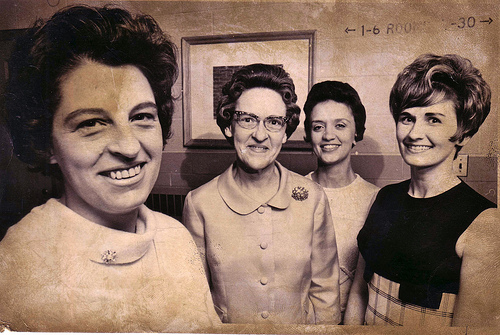
(photo credit: bredgur)
It’s not often that the Wall Street Journal writes for readers under 40, but they just published a really good article with financial advice for the pre-college population. Now, we’re not trying to get all parenty on you, but as pseudo-grownups we can assure you that a little planning goes a long way.* (And it really doesn’t take that much time out of your schedule.) Here are some of the points writer Zac Bissonnette makes:
- > Debt becomes part of your life once you take it on. If you’re planning to use student loans to pay for school, remember that paying back those loans after graduation means part of every paycheck will belong to the bank.
- > Speaking of paying for college, do you really need to pay for an ivy league degree? Success doesn’t depend on which school you go to – it depends on the effort you put in.
- > Don’t get sucked in by materialism. The vast majority of people are not rich but still perfectly happy. But there are a lot of forces around you conspiring to make you feel poor and deprived. Tell them to go away.
(TILE Fun Fact: A small amount of debt can actually help you, by rounding out your credit history and boosting your credit score. But ONLY if you use it responsibly – that means pay it off, and never miss a due date.)
The most important question you need to ask yourself is this: What is this college degree really going to cost me, in terms of my dreams? Maybe you’d like to travel the world after graduation, or take an entry-level job in the nonprofit sector, or buy your first house before you’re thirty. Massive debt can really screw up your plans, so plan accordingly.
* For example, if you chose to invest $1,000 at age 18 and earned a paltry 3% return, you could have $3,500 waiting for you when you’re 60. (And by the time you’re 60, 60 will be the new 30.) All that with absolutely no effort. Well, you do have to take an hour to invest that $1,000 when you’re 18. See what we mean about planning?






